Here Are Some Tips to Find Out How Old a Dog Is
Published: 2025. 06. 07 - Photos: welovedogz.hu/en; Getty Images Hungary • 3 minutes reading

Published: 2025. 06. 07 - Photos: welovedogz.hu/en; Getty Images Hungary • 3 minutes reading
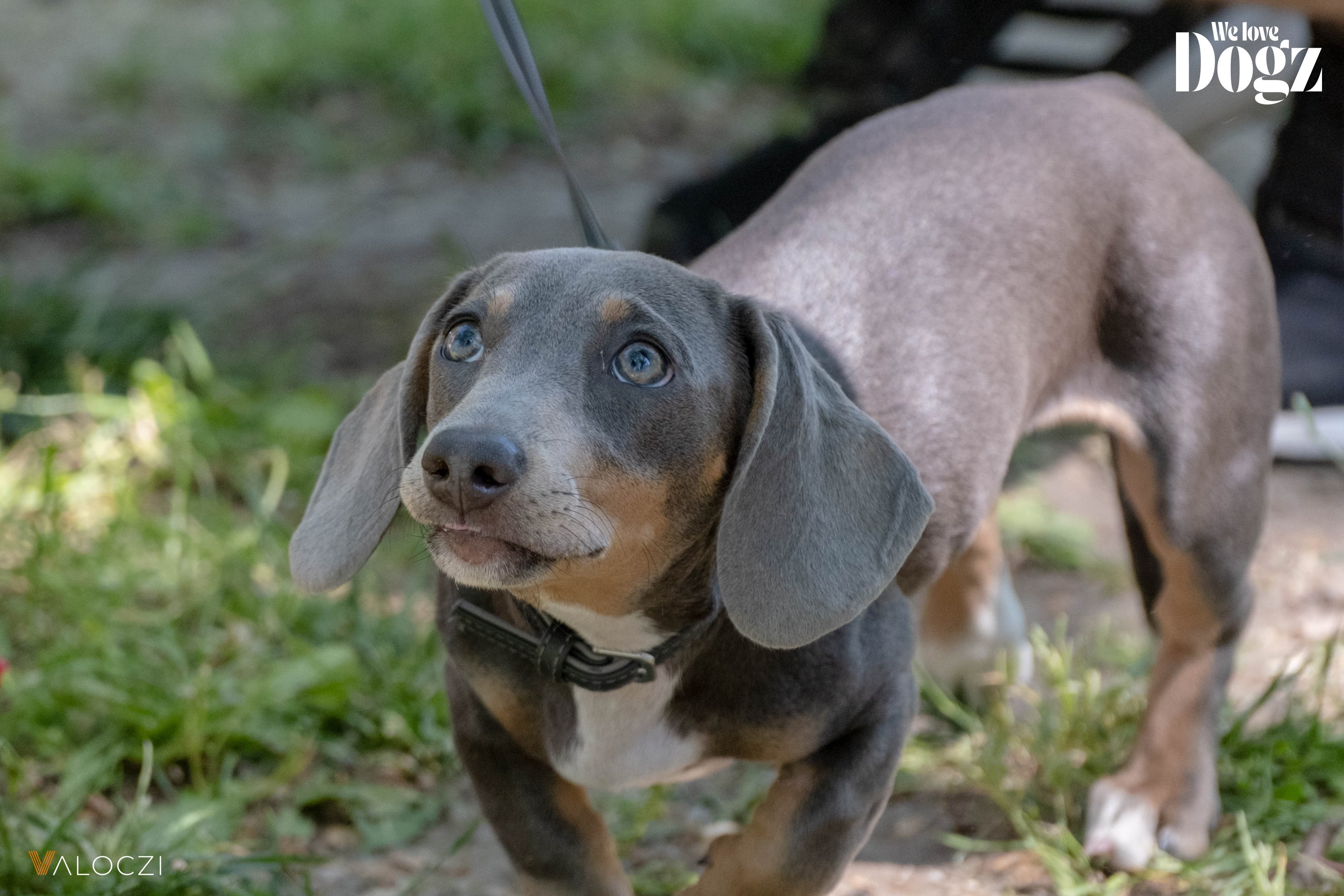
In some cases, you may not know the exact age of your pet - for example, if it's a rescue or you adopted it from a shelter. But there are a few pointers that can help.
Of course, you can't be absolutely sure with the following, but if you look at the condition of the teeth or coat, and perhaps ask the vet for an opinion, you may have a good chance of finding out what stage of life your little friend is at. This is very important for his care and health.
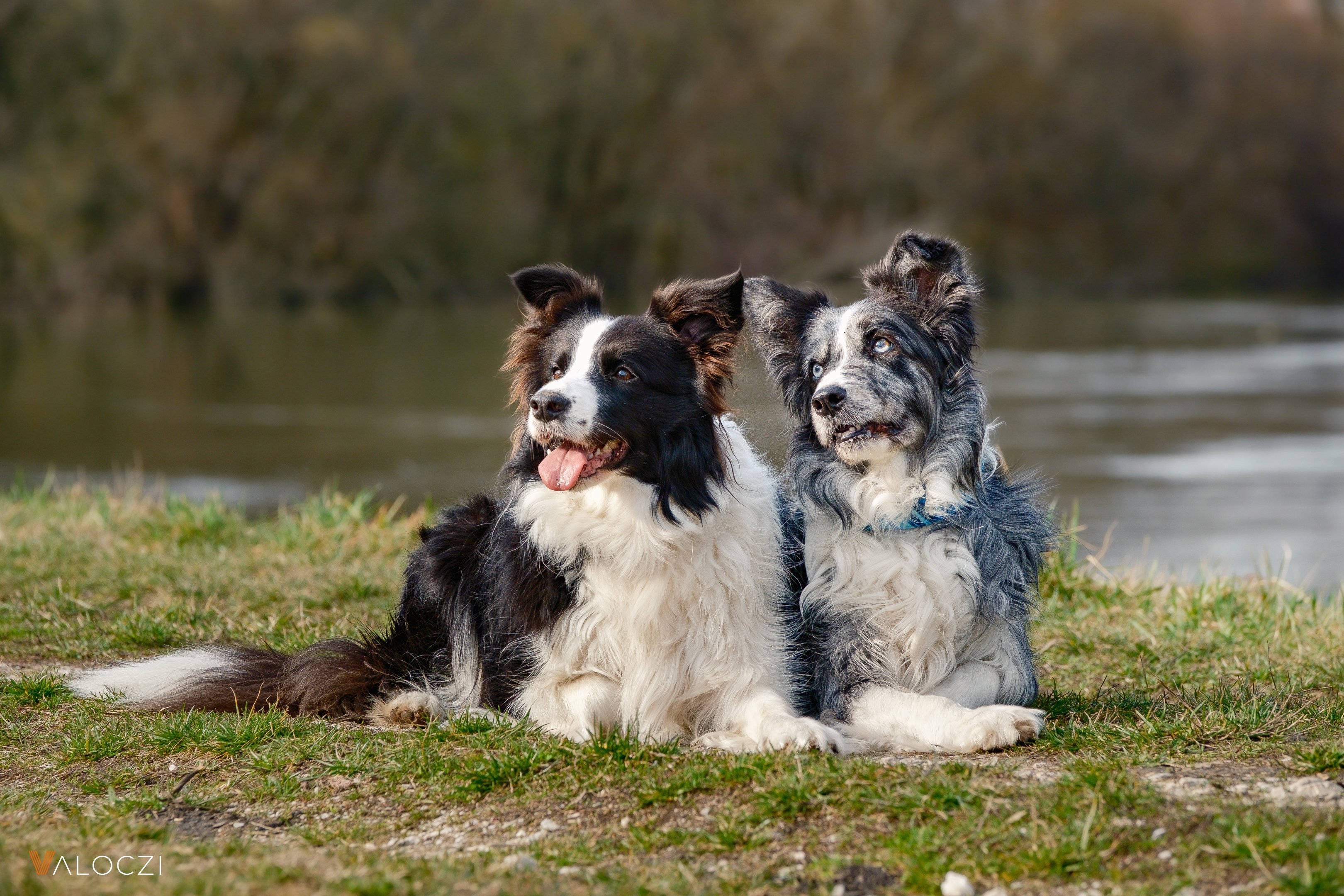 There is no sure way to determine the age of a dog with an unknown history, but there are a few clues that can be used to make a guess / Photo: welovedogz.hu/en
There is no sure way to determine the age of a dog with an unknown history, but there are a few clues that can be used to make a guess / Photo: welovedogz.hu/en
If you don't know your little friend's date of birth, there is no sure way to determine his age, but there may be signs that can be deduced, so it's worth observing them to ensure that your pet is properly fed and cared for, as mentioned in the introduction.
If it is young, it is because it needs puppy care and vaccinations, and if it is senior, it is because such puppies need more regular and serious veterinary checks, and it does not matter what food is fed or how much stress is put on it during exercise. Let's take a look at some pointers that might help.
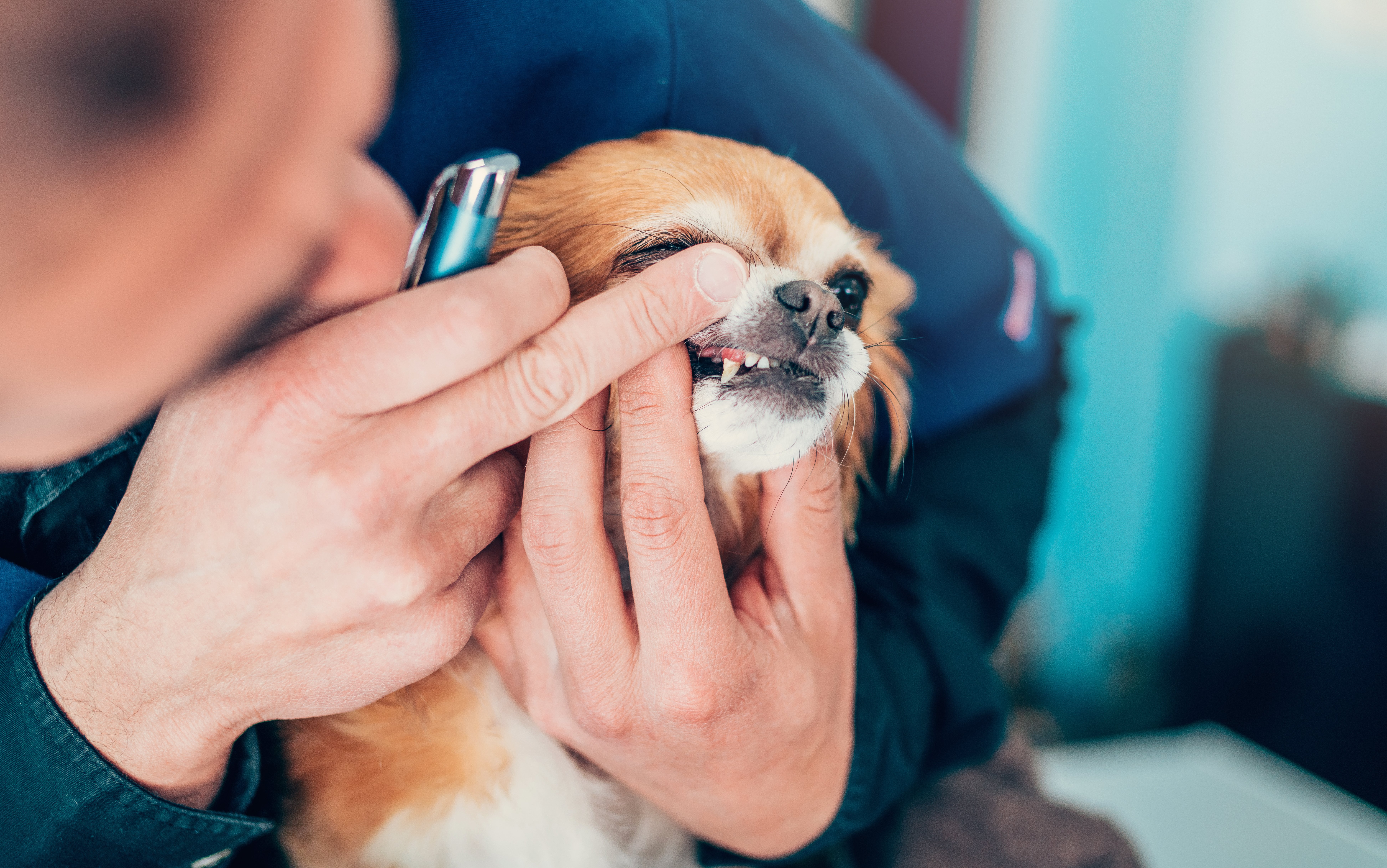 Our vet can be a big help in determining the age of our dog
Our vet can be a big help in determining the age of our dog
Teeth tell a lot, their location, number and condition are very informative. For example, a puppy's teeth are smaller, thinner and sharper. As it grows, its teeth become thicker and blunter-tipped. Also, it is worth noting that an adult dog has 42 permanent teeth compared to the 28 baby teeth of a puppy. It can also be said that after 7 months of age, age estimation is more subjective. Tooth discolouration, tartar and gingivitis are more common in older dogs and unfortunately can occur in small breeds up to the age of one year.
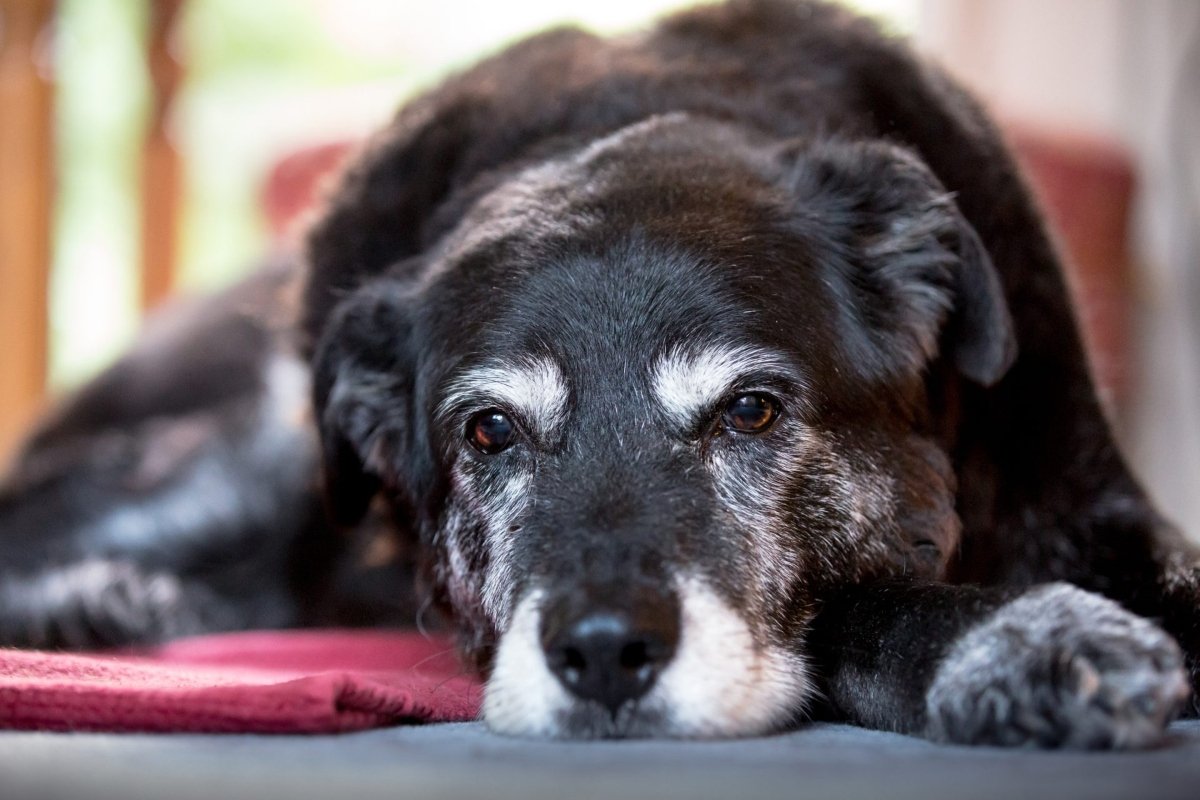 For older dogs it is worth switching to a diet fortified with joint protectors
For older dogs it is worth switching to a diet fortified with joint protectors
Greying is one of the most obvious signs that the dog is no longer young. It appears mostly on the nose, around the eyes and on the paws. It is mostly individual and rarely occurs in young adult dogs. Grey hairs can also grow as a result of injuries or surgery, but these are not considered a sign of ageing.
Ocular clouding is common in older dogs. This does not impair vision but makes the lens thicker. A true cataract, a white, opaque lens, can be an age-related condition, or the result of a disease such as diabetes, or even trauma.
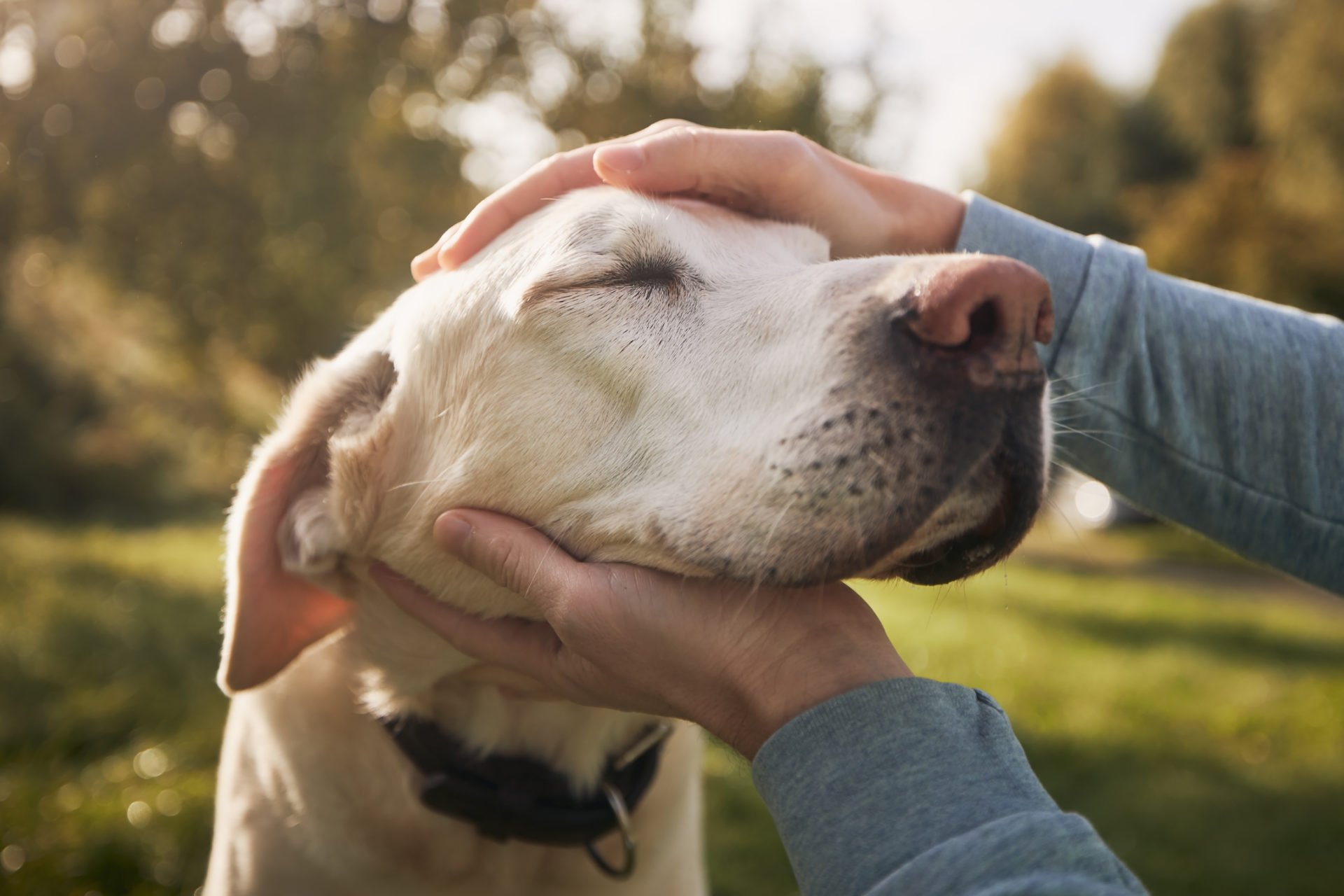 The age of the dog also affects its behaviour
The age of the dog also affects its behaviour
The paws of older dogs may be coarser, calloused or cracked, or even have bristle-like growths due to keratin overgrowth.
Ageing is often accompanied by a loss of muscle mass, especially in the thighs and hips. This can also be associated with joint problems such as elbow or knee arthritis and hip dysplasia.
Hearing can deteriorate in ageing dogs. If you notice that he doesn't respond to sounds or is startled when approached from behind, this may indicate a loss of hearing.
Eye damage can also be manifested by hesitation in the dark, stair climbing. Although not always at risk of total blindness, dogs may experience a significant reduction in vision as they age.
Joint pain can cause the ageing dog to slow down, you may see them jump up less often, avoid stairs, move slower and find it harder to start when they wake up.
Older dogs may sleep more during the day and become more restless at night. They may also experience night wetting, other housetraining problems and confusion. If these signs are present, your vet can help you determine whether your pet has cognitive dysfunction syndrome.
Follow us!
facebook instagram youtube spotifyRelated articles

Advantages and Disadvantages of Wet Food for Dogs: We Point Out Some Surprising Things
Health • 3 minutes
How to keep your dog safe outdoors during the cold winter
Care • 5 minutes
Is your dog's paw slipping too often on the floor? Here's what you can do to help
Care • 3 minutes
As the temperature drops, your dog's skin becomes more sensitive: how to care for it properly
Care • 3 minutes